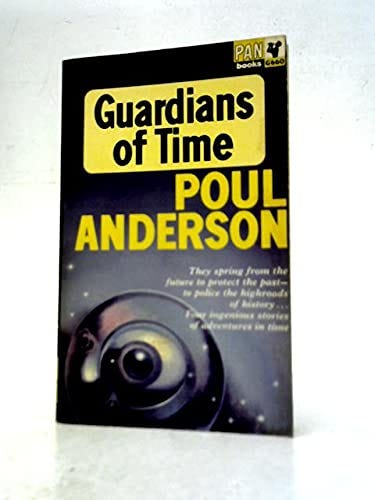Dystopian visions: My Object All Sublime
Would time travel necessarily be a good thing?
Time travel is a favourite theme of science fiction writers. I have often thought what a pity it is that time travel is unlikely to ever be possible. But perhaps we should be thankful for that…
We tend to fantasise about time travel as a way of changing the past, usually for the better. For example, what if someone could go back in time and kill Hitler, or even prevent him from being born?
This post is part of a new series on the theme of dystopian visions, in a relatively new section called Fiction. If you don’t wish to receive articles and stories in that section, read this post to find out how you can control the emails you receive.
Interestingly, a more acceptable version of this kind of speculation is the branch of study known as “alternative history”.
Of course, it’s based on the premise that the “correction” would improve matters. In the case of Hitler, such musing ignores the fact that all the elements of a situation in which such a demagogue could take power were already in place. If Hitler had never been born, it’s arguable that someone even worse may have come to power instead.
Leaving alternative history aside, what if an amazing technology like time travel were used purely and simply as a form of punishment? Not to make life better in the present, but to ensure that anyone found guilty of treason is severely punished in one of the most awful ways imaginable. In the story called My Object All Sublime, Poul Anderson explores this idea. The punishment described has profound moral implications that extend far beyond the person being punished.
Poul Anderson first came to my attention through his book Guardians of Time.

This is a collection of four short stories centred on the activities of an organisation called Time Patrol, which sets out to correct anolalies in the time stream. Like a lot of science fiction, it’s not great literature, but it is tremendously enjoyable. And, of course, is predicated on the assumptions that such mistakes can be identified1, and that the corrections will work, and that the motivation of organisations like the Time Patrol are wholly benign.

Moving on to My Object All Sublime, which you can find in The Giant Book of SF Stories, I won’t spoil the story and the surprise ending, but it does raise issues which apply to other forms of technological inventions as well. Namely:
Our technological abilities seem to me to advance a lot faster than our ability to handle and control them, as opposed to them controlling us. Would you agree?
Are we in danger of losing touch with values like kindness and spirituality?
And if the answer to either of these points is “yes”, what should, or perhaps more realistically could, be done about them?
I suppose a legitimate question is: why bother to discuss this in the first place, given that time travel is impossible anyway? Isn’t it a bit like discussing how many angels can dance on the head of a pin?
To my mind, the impossibility of time travel makes it easier to discuss moral issues arising, or that could and should be anticipated, from our inventions.
A big assumption because if changes had been made in the past, how would people in the present know?


Anderson asks,"And if the answer to either of these points is “yes”, what should, or perhaps more realistically could, be done about them?" My only answer would be, "Nothing." Because no one cares, they are already too thought-controlled and addicted to their technology to even hear that there is a problem. Do I sound cynical? Of course I do. As far as going back in time, I would like to turn back the clock just a little bit and hope a certain sniper could improve his aim. No. I did not say that.
Time travel as a concept hurts my brain. It's a topic that has long fascinated writers and film-makers but which troubles me for exactly the reasons you mention. Adding just one element (ie: the appearance of someone from another time) to any scenario would change the outcome somehow. An insect would be stepped on, a germ introduced, an ethical dilemma revealed. IIRC, the characters in the last book I read (listened to, actually - Sea of Tranquility) with such a theme all ended up in disastrous circumstances because of it. We're in enough trouble in our own perception of reality. Heaven help us if we start bouncing forward and backward. In case you wondered how I really feel. 😂